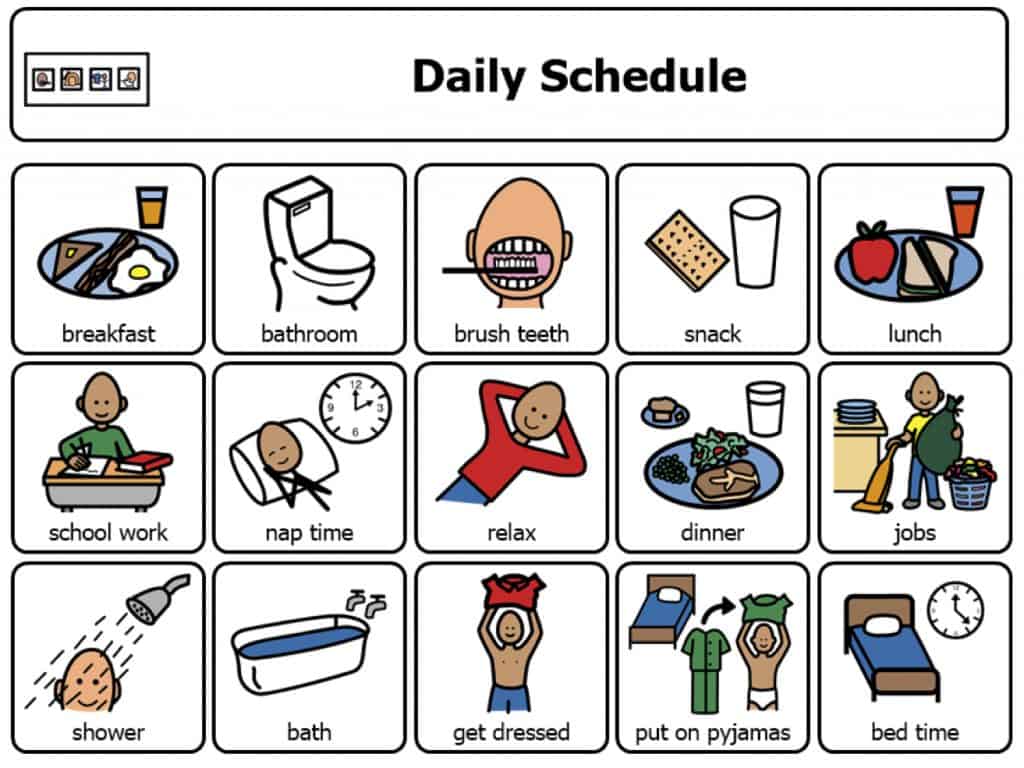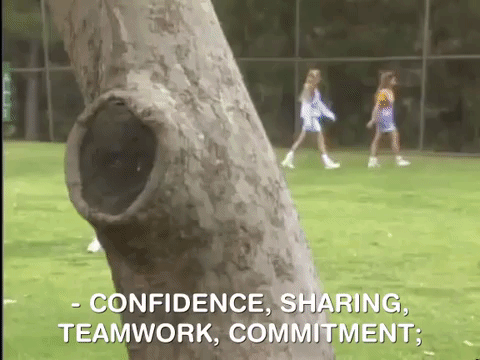
Visual supports and aids provide practical assistance in navigating various daily life situations, especially for children on the autism spectrum. And as parents, you have likely heard about their importance as well as advantages.
However, it’s crucial to understand that visual supports are most effective when incorporated into a comprehensive, evidence-based intervention approach like Applied Behavior Analysis (ABA) therapy. This multi-sensory approach caters to the unique learning styles of children on the spectrum, enhancing their understanding and skill acquisition.
ABA therapy, combined with the strategic use of visual aids, can be a game-changer for children with autism!
Learn more about ABA therapy here: Empowering Children with ASD: Self-Advocacy and Independence
At its core, ABA focuses on understanding the function of behaviors and using positive reinforcement to teach new skills and promote desirable behaviors. Visual supports seamlessly complement this approach by providing concrete visual representations of concepts, routines, and expectations.
But what exactly are visual support aids, and why are they so powerful for little ones with special needs?

Image Source: https://theeducationhub.org.nz
Visual aids are tools that use images, objects, or other visual cues to convey information, instructions, or routines. Some examples include picture schedules, choice boards, social stories, and visual timers. The key idea behind visual supports is that they tap into the strengths of many children with ASD, who are often visual learners and thinkers.
Research has consistently shown that children with autism spectrum disorder (ASD) tend to have an enhanced ability to process visual information compared to auditory information. This may, in fact, stem from the fact that visual information tends to be more enduring and tangible compared to auditory information.
Moreover, the visual modality could assist children in comprehending input and formulating appropriate responses effectively. As a result, utilizing an optical approach to presenting concepts and instructions can significantly facilitate their learning process.
The Benefits of Using Visual Supports
Using visual supports can provide numerous advantages for children with autism, including:
Improved Communication and Understanding
Visual aids can help children better understand and follow instructions, routines, and expectations. They provide a concrete, visual representation of information that may be difficult to grasp through verbal language alone. In addition, this can be especially beneficial for children who may struggle with auditory processing or abstract language.
Increased Independence and Self-Management
Visual schedules and visual task lists can help children with autism become more independent by guiding them through their daily routines and activities. This can reduce reliance on constant verbal prompting from adults. As children become more familiar with using visual supports, they can develop greater self-monitoring skills and take ownership of their learning and behavior.
Reduced Anxiety and Behavior Challenges
Visual supports can help anticipate transitions and changes, which can be a significant source of anxiety and behavioral challenges for children on the spectrum. In this regard, visual timers and countdown strips can help them prepare for upcoming transitions. By providing a clear visual representation of time and expectations, these support tools can decrease anxiety and promote more regulated behavior.
Improved Social Skills
Social stories and cue cards can help children with ASD understand and navigate social situations more effectively, improving their social skills and interactions. These visual aids break down complex social scenarios into concrete, easy-to-understand components, allowing children to better interpret social cues and respond appropriately.
Incorporating Visual Supports at Home and School
Although visual supports are highly effective in terms of alleviating many of the challenges of autism, they may be difficult and time-consuming to create as well as utilize. So, here are some beginner-friendly tips for implementing them effectively:
Start Simple: Begin by introducing one or two visual supports, such as a visual schedule for morning routines or a choice board for snack options. As your child becomes accustomed to using them, gradually introduce more visual aids. Keep them simple and straightforward initially, using clear and familiar images or icons. Subsequently, you can gradually increase the complexity as their understanding grows.
Involve Your Child: When possible, involve your child in creating and customizing visual supports. This can increase their engagement and understanding of how to use them. Let them choose the images or symbols they find most appealing and meaningful, as the sense of ownership can further enhance their motivation to use the visual supports. You can also learn more about the best ABA therapy activities for your little one here.
Consistency is Key: Consistently using visual supports across different environments (home, school, therapy) can reinforce their effectiveness and help your child generalize the skills they learn. Collaborate closely with their teachers, therapists, and other professionals to ensure a unified approach. Regularly review and update the visual supports to reflect your child’s changing needs and abilities.
Seek Professional Support: If you’re unsure how to implement visual supports effectively or need guidance on creating them, consider seeking support from professionals. This is where Early Autism Services (EAS) can be invaluable! Our experienced team can conduct an initial assessment to determine the most suitable visual supports for your little one’s unique needs and learning style.
At EAS, we understand the transformative power of visual support for children with autism. Our team of experienced professionals can work closely with you and your child to develop customized visual support systems tailored to their unique needs and strengths.
Alternatively, we conduct thorough assessments to understand your child’s learning style, communication needs, and areas of strengths and challenges. This information guides the development of effective visual support strategies, effectively backed by ABA strategies. We also offer regular follow-up sessions to monitor their progress, make adjustments to the strategies as needed, and ensure a seamless transition as they develop new skills.
EAS recognizes the crucial role that parents and caregivers play in a child’s development. We provide comprehensive training and support resources, ensuring consistency and reinforcement across environments. So, don’t hesitate to contact us at EAS to learn more about how support services can benefit your child’s unique needs and facilitate their growth and development.









Recent Comments